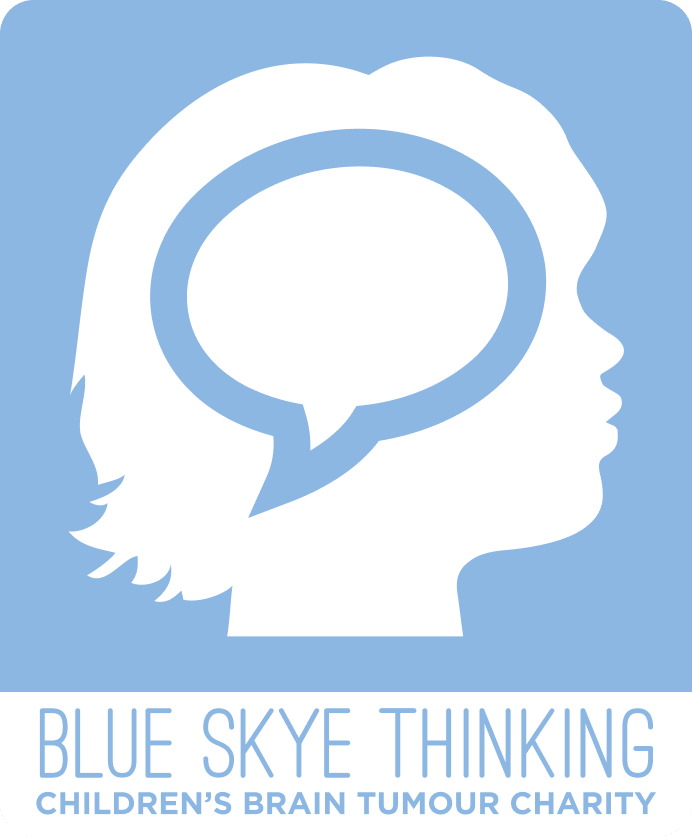Functional Screening For Effective Drug Combinations In Medulloblastoma
“Supporting research as the charity does brings an opportunity to develop new therapies to improve survival rates of children with brain tumours, which can be translated into better quality of life and reduced toxicities related to therapy in surviving patients."
Gemma Llargues
Fast facts
Official title: Identification of MYC-dependent therapeutic vulnerabilities for targeting Group 3 medulloblastoma
Lead researcher: Professor Steve Clifford
Where: Northern Institute for Cancer Research, Newcastle
When: September 2016 - August 2021
Cost: £120,000
Research type: Paediatric, Medulloblastoma (High Grade), Academic
What is it?
A research project focused on identifying and exploiting medulloblastoma tumour growth dependencies as a means to find novel therapeutic approaches. The study involves comprehensive screening of drug libraries, together with biological profiling, to identify drug-sensitivities in this specific group of aggressive tumours.

